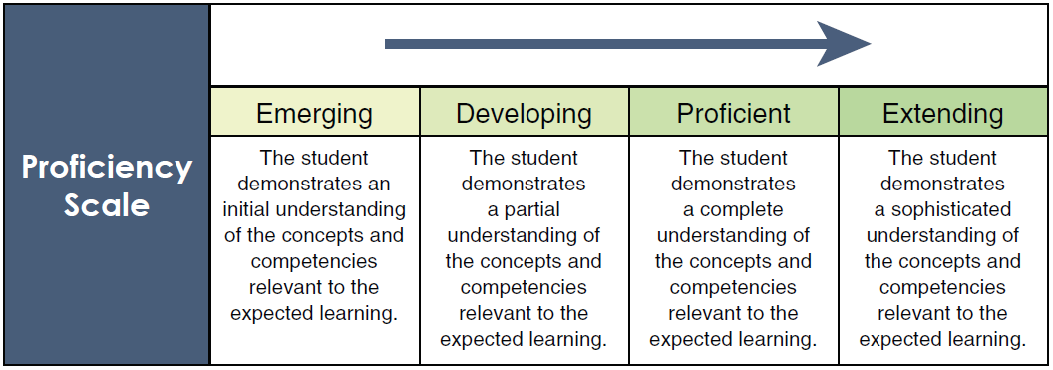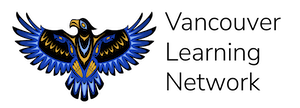English 9
English Language Arts 9 Course Overview
Big Ideas
Language and story can be a source of creativity and joy. | Stories and other texts help | Stories and other texts can be shared through pictures and words. | Everyone has a unique story | |||
Through listening and speaking, | Playing with language helps us discover how language works. | Curiosity and wonder lead us to new discoveries about ourselves and the world around us. |
From: https://curriculum.gov.bc.ca/curriculum/english-language-arts/9/core
Introduction
English Language Arts 09 is a foundational language course that aims to build essential literacy and communication skills. You will read and analyse a variety of texts such as short stories, novels, plays, and poetry. You will also practise creative writing and analysis and creation of non-fiction writing. You will develop your ability to communicate in a variety of written formats, including academic essays. Throughout the course, you will practise identifying and defining key terms in literature and poetry, critiquing information presented and rationalising your responses with evidence and explanation.
Where Does this Course Fit?
- Prerequisites: Completion of English Language Arts 8
- Follow-up Courses:4-credit courses in English 10 including 2 of the following course sections:
- Composition 10 (2 credits)
- Creative Writing 10 (2 credits)
- Literary Studies 10 (2 credits)
- New Media 10 (2 credits)
- Spoken Language 10 (2 credits)
- English First Peoples 10 (2 credits)
Course Materials
- We strongly recommend you use a laptop or desktop computer running Windows, Word, and PowerPoint. Audio and recording capability for some of the assignments is mandatory.
- All Short Stories, Poetry, and Creative Writing materials are found online in the course content
- You can obtain the novel and play from the VLN bookroom or from your local public library
Brief Outline
Unit | Description |
Getting Started | Focus: Review of foundational writing skills through short written response, paragraph response and essay format. Students will show they understand the key aspects of the argumentative essay. |
Short Stories | Focus: analytical reading skills and analytical written response. Students will read a variety of short stories, connecting with key literary elements, and develop detailed written responses in a variety of formats. Students will bring learning together for the final presentation. |
Creative Writing | Focus: Varied Writing Skills. Students will write personal responses on a variety of journal prompts and critically respond to non-fiction texts (newspapers) and create their own newspaper article through research, planning/outlining and drafting. |
Poetry | Focus: Analytical Reading and Creative Writing. Students will read a variety of poems, learn key forms and devices, and develop detailed responses. Students will bring learning together in a final creative portfolio of poems and analysis. |
Course Exam | Focus: content and skills of Short Stories and Poetry unit. Students will identify key terms and devices, analysing poetry and story elements from the course. Students will write a short personal essay response on a choice of topic prompts. |
Novel Study | Focus: Analytical reading, Narrative Response, Creative Writing and Literary Response. Students will develop a variety of responses on various aspects of the novel. |
Theatre Study | Focus: Analytical reading, Narrative Response, Creative Writing and Literary Response. Students will develop a variety of responses on various aspects of the William Shakespeare’s play ‘Romeo and Juliet. |
Assessment Percentage Breakdown
Assessment Type | Percentage of the Course | |
Assignments | 52% | |
Projects | 18% | |
Discussions | 5% | |
Course exam | 25% |
Your final assessment will be represented on this Proficiency Scale.

You have up to a year to complete your course.

